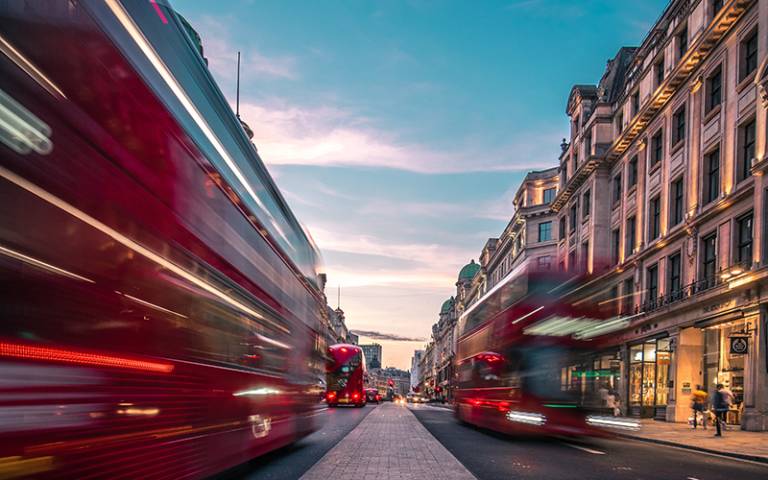'Net zero society: scenarios and pathways’ – UCL researchers contribute to government report
13 April 2023
Researchers from UCL Institute for Sustainable Resources and UCL Energy Institute have contributed to a recently released Government Office for Science Foresight project report titled 'Net zero society: scenarios and pathways'.

The UK has committed to achieving net zero greenhouse gas emissions by 2050. Societal norms, practices and behaviours will play a significant role in emissions reduction, but these are uncertain and likely to change in the future. We can’t, therefore, rely on assumptions based on present trends in planning for net zero.
In April 2023 the Government Office for Science published ’Net zero society: scenarios and pathways’. This Foresight project aims to support the resilience of government net zero policies by exploring how different possible social and behavioural changes will affect the path to net zero. This will help inform the government’s long-term net zero strategy, enable stress-testing of policies and assumptions against plausible societal futures, and support more effective and resilient policy.
UCL researchers Oliver Broad, Harry Kennard, Tadj Oreszczyn, James Price, Steve Pye and Paul Ruyssevelt working in the Centre for Research into Energy Demand Solutions (CREDS) programme used their expertise to help develop and translate the scenario narratives explored by the report, which describe how the UK might look in 2050, into pathways of how the energy system could evolve to provide for each vision of a net zero UK. To do this they worked with CREDS colleagues who work on energy demand across buildings, transport, industry and agriculture to integrate their sectoral perspectives into the UK TIMES whole energy system model, which itself is co-developed by UCL and the Department for Energy Security and Net Zero.
One of the 12 key findings of the project concluded that in scenarios where societal changes reduce energy demand, reliance on carbon removal technologies is reduced, less land is needed for infrastructure, and health co-benefits are higher. In contrast, the report showed that in scenarios where societal changes do little to reduce demand, meeting net zero will be harder to deliver.
 Close
Close

